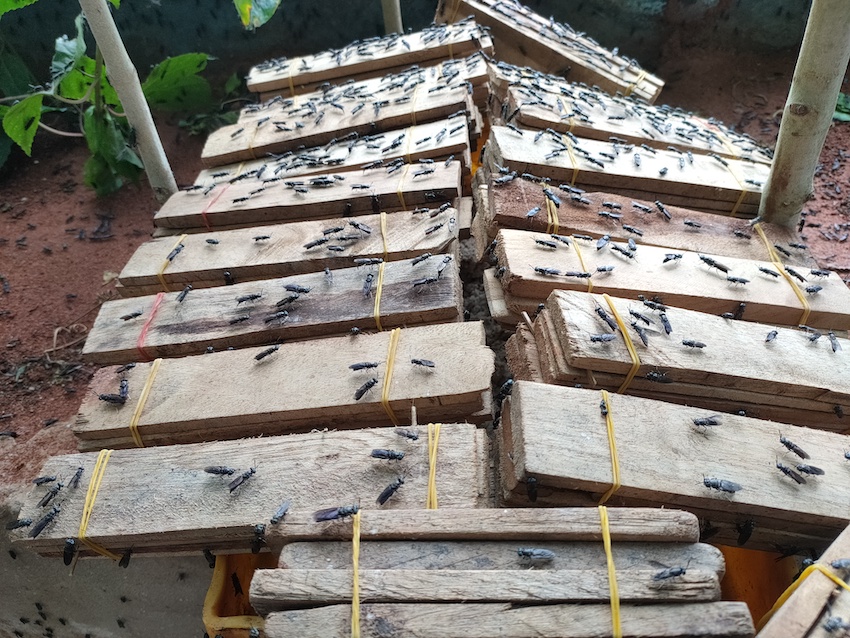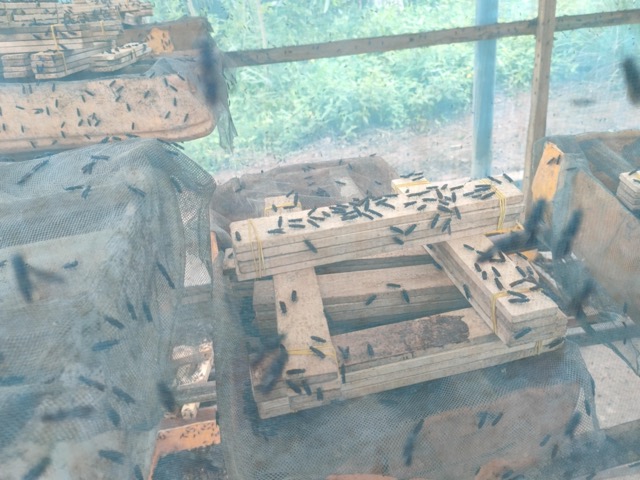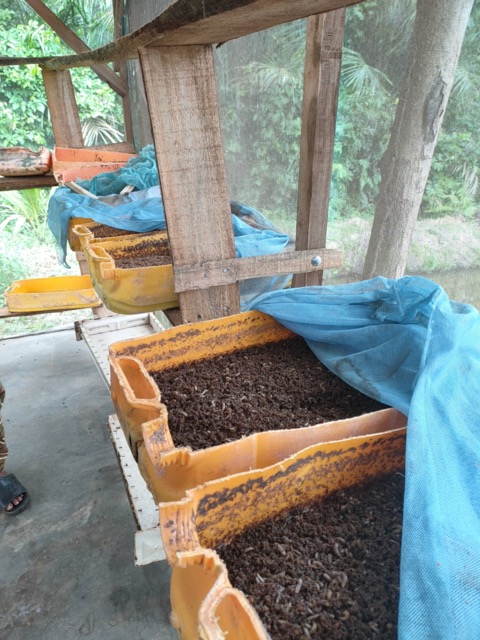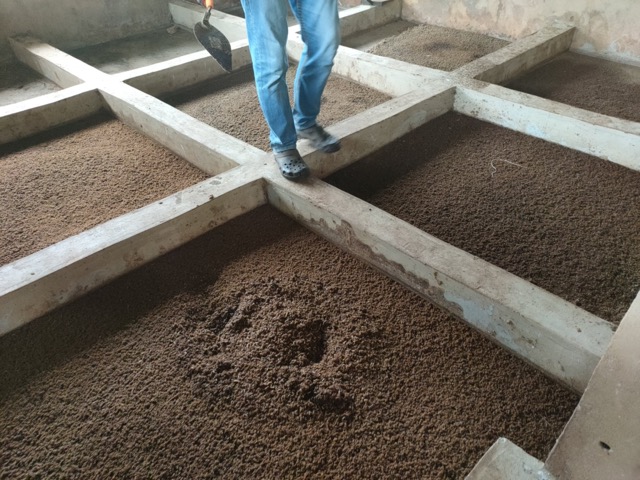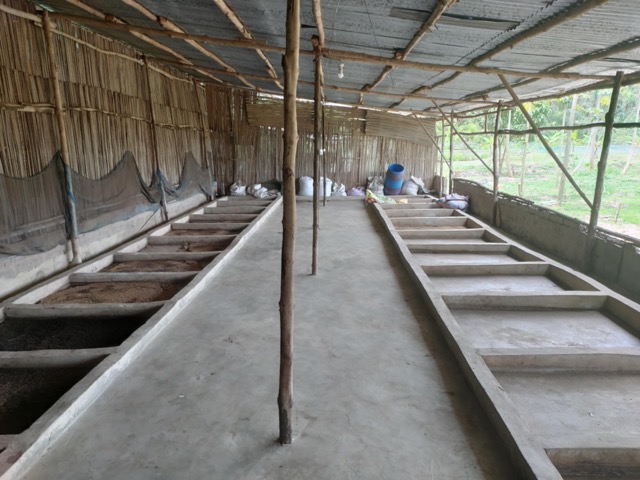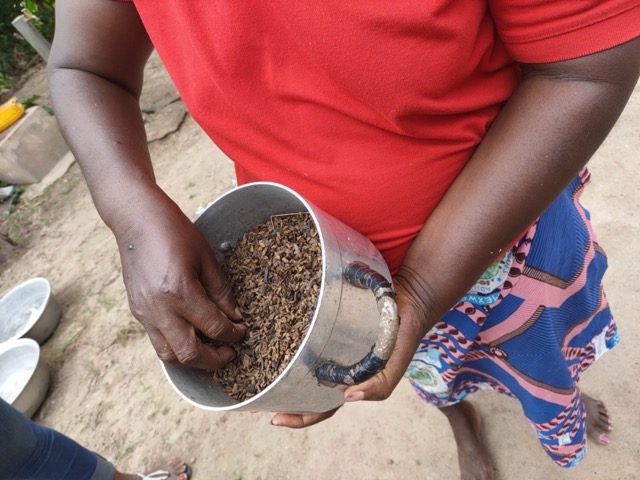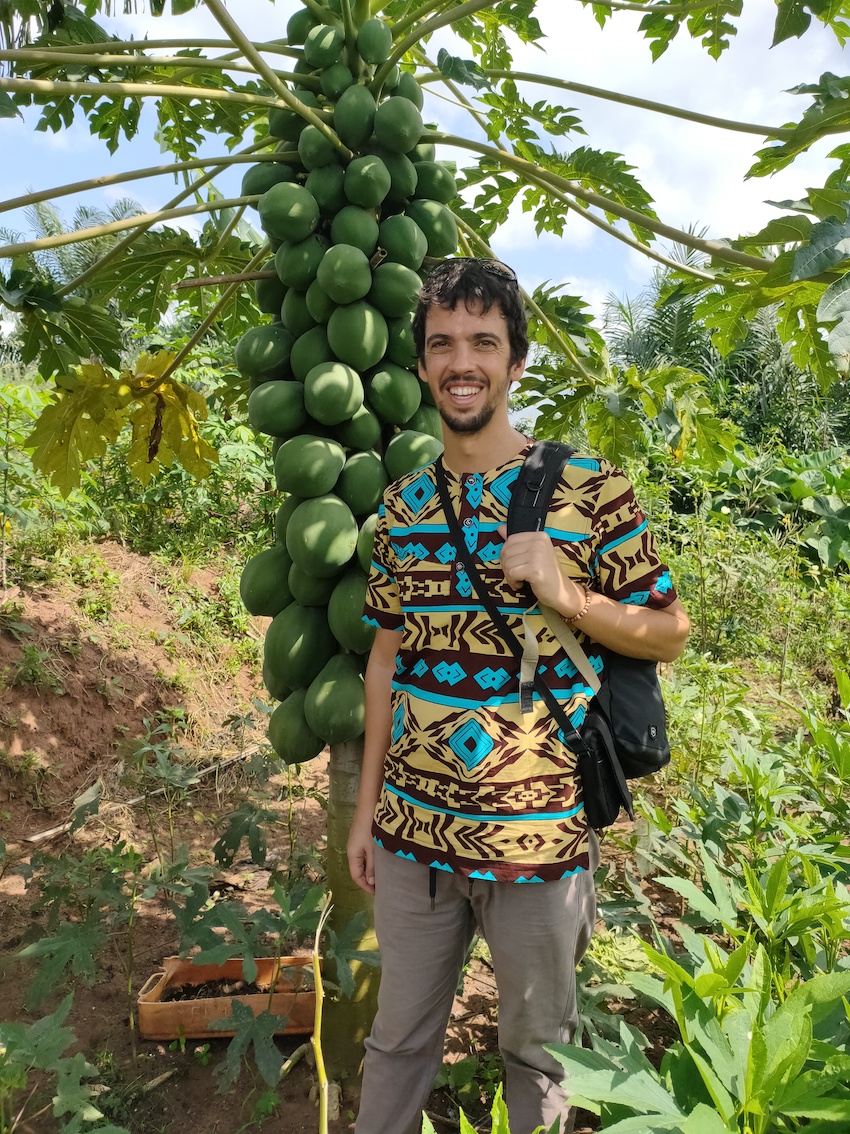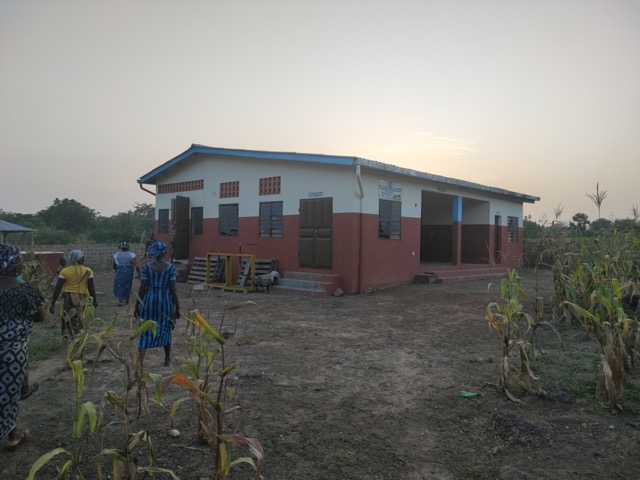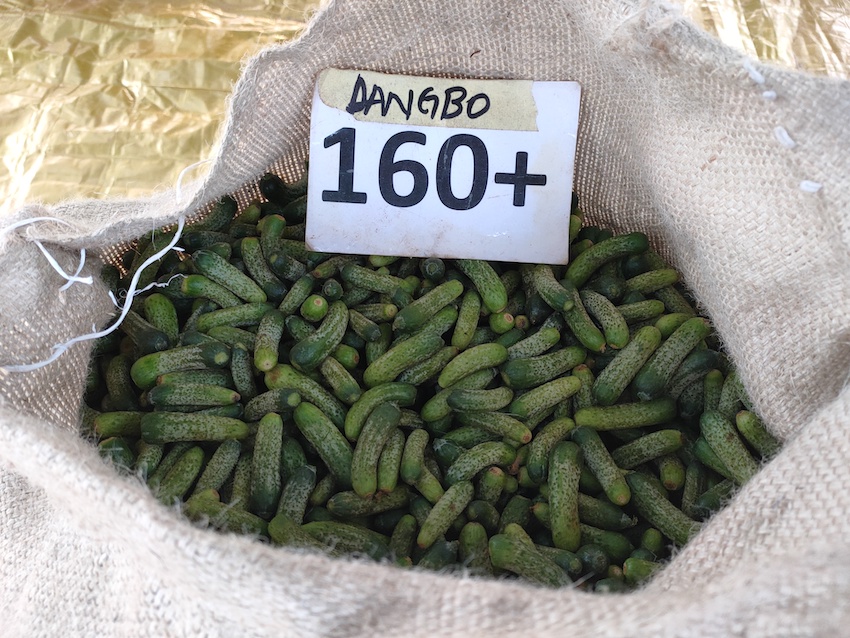Could black soldier fly revolutionize animal feed, fertilizers and waste management in Benin?
The Rise of BSF Farming in Benin
Black soldier fly (BSF) larvae transform organic waste and agricultural by-products into high-protein larvae for animal feed and nutrient-rich frass (insect manure), which improves soil quality and plant growth. This positions BSF as a potential solution to key agricultural challenges, including feed production, soil improvement, and organic waste management.
BSF farming is gaining attention in Benin as farmers and entrepreneurs explore its potential to reduce feed costs and transform agricultural waste into valuable products. The growth of this sector has been supported by organizations like Swisscontact, IITA, and local agri-businesses, who are working to overcome technical and operational challenges. This collaboration led to the formation of the first association of BSF farmers in Benin.
During field visits with Swisscontact, I observed diverse BSF rearing systems and discussed with farmers to understand their approaches and challenges. I conducted a study to assess the sector’s maturity, identify key producers, and evaluate the economic feasibility of BSF projects.
Currently, BSF production in Benin is small-scale and decentralized, and producers operate independently, which may lead to an inefficient use of some resources. Some producers sell larvae to animal farmers, some use it to feed their own animals, and others do both. Facilities are basic, relying on low-cost infrastructure and manual labor, with little if not any control over critical factors like temperature, humidity, and feed quality. Processing of the larvae is minimal. They are typically sun or gas-dried, but not further processed. Producers sell alive larvae, dried larvae, ground larvae, or formulated feed containing BSF larvae.
The focus of BSF farmers remains on producing cheap protein-rich larvae to cut feed costs. The lack of advanced processing or large-scale operations highlights both the sector’s potential and the need for improved techniques and infrastructure to optimize BSF farming in Benin.
A Vision for the Future
The BSF holds immense potential for Benin’s agricultural sector. By converting agricultural waste into high-value products like protein-rich animal feed and organic fertilizer, BSF farming can address critical challenges such as cost-effective feed production, soil fertility improvement, and waste management. With stakeholder collaboration, supportive policies, and innovation, BSF farming could help build a more sustainable and prosperous agricultural system in Benin.
BSF Feed Availability: Economic and Practical Considerations
The adoption of BSF-based feed will largely depend on its economic viability. For BSF as feed to succeed, it must offer competitive performance and pricing compared to existing feed options. If these conditions are met, the sector could tap into a vast African market. Otherwise, it risks remaining a niche, dependent on external funding, or tied to short-term agendas rather than becoming a consolidated industry.
A critical challenge in BSF farming is sourcing suitable raw materials for larvae. While BSF larvae can consume diverse organic waste streams, their growth and nutritional value depend on an optimal diet. This creates a trade-off: low-cost, low-value waste reduces costs but may limit larval growth, while higher-quality substrates improve growth but increase costs.
Additionally, introducing BSF as an additional trophic level raises questions about the efficiency of the overall process. If raw materials are already nutrient-rich, could they be used directly to feed livestock or fish? Adding a step in the food chain results in energy loss through processes like respiration, potentially reducing overall efficiency. Therefore, BSF farming must either use substrates that are not directly edible for animals or significantly enhance feed efficiency or product quality to justify its use.
Scaling BSF Farming: Challenges and Opportunities
Scaling BSF farming to an industrial level presents significant challenges. While large-scale facilities can optimize production, they require substantial capital investment, high operation costs, and large production volumes to ensure profitability. Access to capital and advanced engineering expertise is critical, and not all technological approaches may work as expected.
Industrial-scale operations also require standardized processes and consistent raw material inputs, which can be difficult to secure. Moreover, the environmental impact of such facilities –energy use, transportation logistics, water use, and carbon footprint– must be carefully managed to avoid offsetting the sustainability benefits of BSF farming.
Conclusion: Weighing the Benefits
The question remains: do the benefits of BSF farming justify the resources and effort required to scale it? While BSF farming addresses important challenges like feed production, soil fertility, and waste management, simpler, less resource-intensive solutions may also exist. Careful evaluation and further studies are needed to determine whether BSF farming is the most effective path forward for Benin’s agricultural sector. In the meantime, small- and medium-scale BSF farmers in Benin are steadily advancing, building their operations step by step, and demonstrating the potential of BSF farming.
